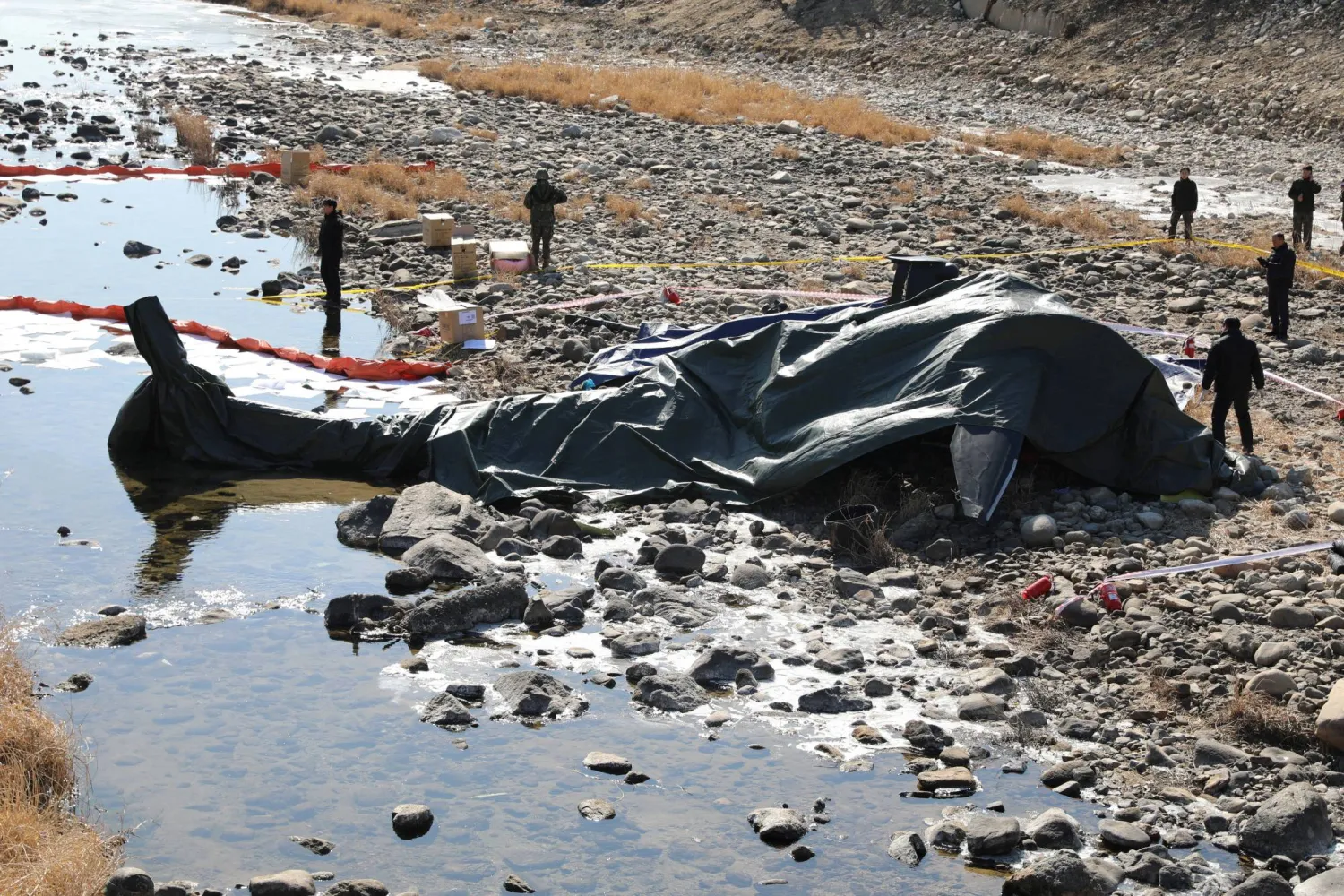Hundreds of Eritrean government supporters and opponents clashed with each other and with Israeli police Saturday, leaving dozens injured in one of the most violent street confrontations among African asylum seekers and migrants in Tel Aviv in recent memory.
Among those hurt were 30 police officers and three protesters hit by police fire, The Associated Press reported.
Eritreans from both sides faced off with construction lumber, pieces of metal, rocks and at least one axe, tearing through a neighborhood of south Tel Aviv where many asylum seekers live. Protesters smashed shop windows and police cars, and blood spatter was seen on sidewalks. One government supporter was lying in a puddle of blood in a children’s playground.
Israeli police in riot gear shot tear gas, stun grenades and live rounds while officers on horseback tried to control the protesters, who broke through barricades and hurled chunks rocks at the police. Police said officers resorted to live fire when they felt their lives were in danger.
The clashes came as Eritrean government supporters marked the 30th anniversary of the current ruler's rise to power. The event was held near the Eritrean embassy in south Tel Aviv.
Police said Eritrean government supporters and opponents had received permission for separate events Saturday, and had promised to stay away from each other.
At some point, the promises were broken, said Chaim Bublil, a Tel Aviv police commander.
“A decision was made by the government opponents to break through the barriers, to clash with the police, to throw stones, to hit police officers,” Bublil told reporters at the scene.
He said the police had arrested 39 people and confiscated tasers, knives and clubs.
The Magen David Adom rescue service said at least 114 people were hurt, including eight who were in serious condition. The others had moderate or mild injuries. Of those hurt, 30 were police officers, said Bublil.
A spokesperson for Tel Aviv’s Ichilov Hospital said it was treating 11 patients for gunshot wounds. Police said three protesters were wounded by police fire.
By late Saturday afternoon, the clashes had stopped. Police were still rounding up protesters, putting them on buses.
Rival Eritrean Groups Clash in Israel, Leaving Dozens Hurt

02 September 2023, Israel, Tel Aviv: Eritrean asylum seekers clash with police at a demonstration in Tel Aviv, ahead of an event that was planned by the Eritrean embassy. Photo: Ilia Yefimovich/dpa

Rival Eritrean Groups Clash in Israel, Leaving Dozens Hurt

02 September 2023, Israel, Tel Aviv: Eritrean asylum seekers clash with police at a demonstration in Tel Aviv, ahead of an event that was planned by the Eritrean embassy. Photo: Ilia Yefimovich/dpa
لم تشترك بعد
انشئ حساباً خاصاً بك لتحصل على أخبار مخصصة لك ولتتمتع بخاصية حفظ المقالات وتتلقى نشراتنا البريدية المتنوعة







